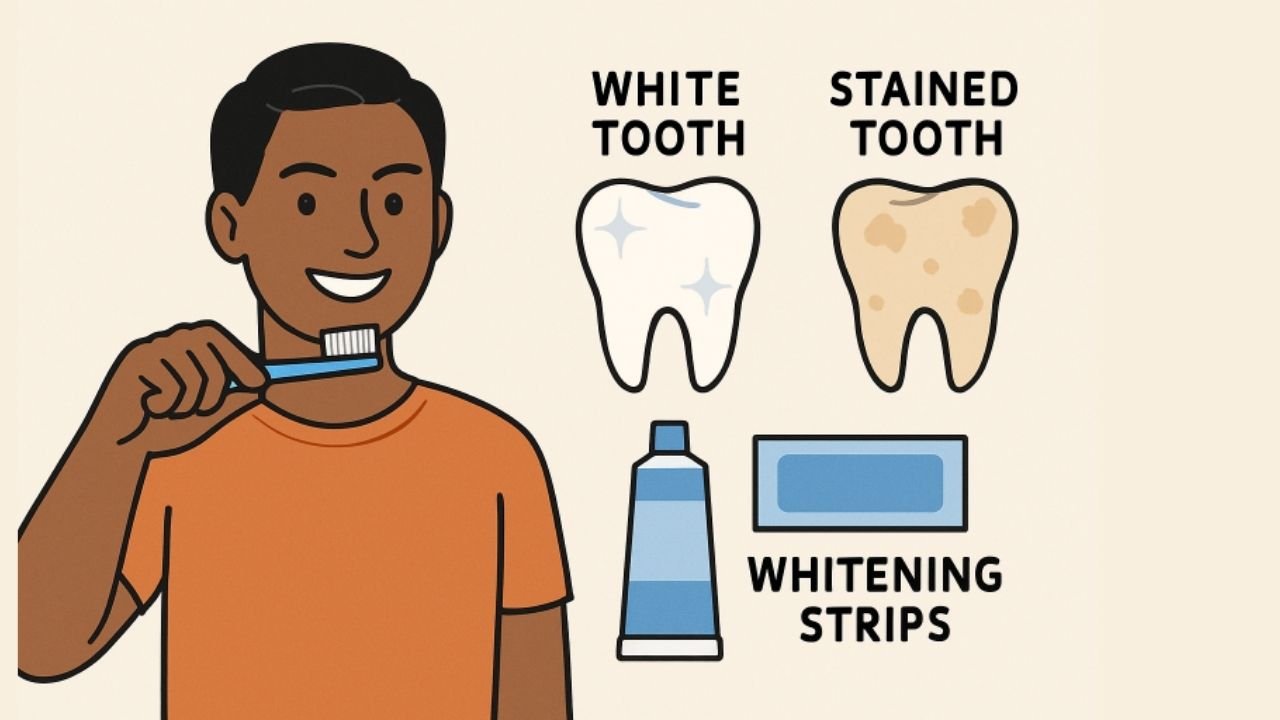Cancer treatment rarely moves in a straight line. One week, you’re in a local clinic. Next, you’re referred to a hospital that’s hours away. Updates can be slow between appointments, and who to ask is not always clear. That’s why the role of cancer primary care isn’t limited to check-ups or early detection – it’s part of keeping everything linked and reducing the stress of navigating care alone.
Keeping your care consistent
Cancer primary care continues through treatment, recovery, and routine care. Your local health team may be the only constant when care takes you away from home. They know your medical history, understand your situation, and stay in touch even when specialists change or referral paths shift unexpectedly.
The team can check on test results, explain what treatment terms mean, and help make sense of new instructions. When systems don’t speak to each other, they make sure you don’t miss something that could have been caught earlier or avoided with better communication.
Between services
Transitions in care, such as moving from a GP to a specialist, or from hospital to home, can be where things start to slip. Each step often involves new paperwork, unfamiliar places, and different providers. You might be asked to repeat the same details multiple times or wait days just to confirm your next appointment. These gaps in care aren’t always visible until they cause confusion or delay.
That’s where cancer primary care provides quiet, consistent support. Your clinic might send test results when no one else does, follow up after discharge if instructions are unclear, or simply check that nothing’s been missed once you’re back home. Often, they’re the only team keeping things connected.
What support looks like during treatment
Cancer affects the whole of daily life, eating, moving, sleeping, travelling, and working. Some people have to leave Country. Others miss out on income while supporting family through appointments. These aren’t small things, but they’re not always picked up by the hospital system or included in discharge notes.
A GP or health worker close to home can step in where needed. That could mean helping manage fatigue, arranging a local refill for medication, or adjusting routine care for another condition that might’ve been overlooked during specialist visits. Small steps like these keep people stable while they go through treatment elsewhere.
A closer look at how cancer primary care works
Sometimes, a person might return from the hospital unsure whether their medication has changed. A local nurse or health worker could review the discharge notes, contact the hospital to confirm the details, and ensure the script matches what’s safe and familiar. They might also help reschedule a follow-up appointment at a nearby service. These small checks can prevent weeks of uncertainty or stop a dosing error before it affects someone’s recovery.
This is the kind of help people don’t always see, but feel. It keeps things from slipping through, especially when multiple services are involved and communication lines are stretched. It also shows the value of staying connected to a local provider who understands the full picture, not just the cancer-related part.
Care after hospital
Once hospital visits stop, health needs don’t disappear. People still face tiredness, symptoms that come and go, and a new kind of worry about what happens next. Regular support from local cancer primary care providers makes a difference here and often fills in the gaps left by a system focused only on treatment phases.
They check recovery is on track, arrange follow-ups, and offer a place to talk when things feel uncertain. And for many people, they’re also helping manage other health conditions that haven’t gone away just because cancer treatment started.
Ask who stays with you
If you’ve been referred for cancer treatment, or someone close to you has, talk to your local GP or clinic about how they stay involved. A cancer primary care team that already knows you is better positioned to spot when something’s off or when support is missing before it becomes a problem.
You don’t need to go through this feeling, like no one’s watching the full picture. Ask your regular health team what they can do before, during, and after treatment, because staying connected makes a real difference.
YOU MAY ALSO LIKE: Career Opportunities for Early Childhood Educators in Sydney











